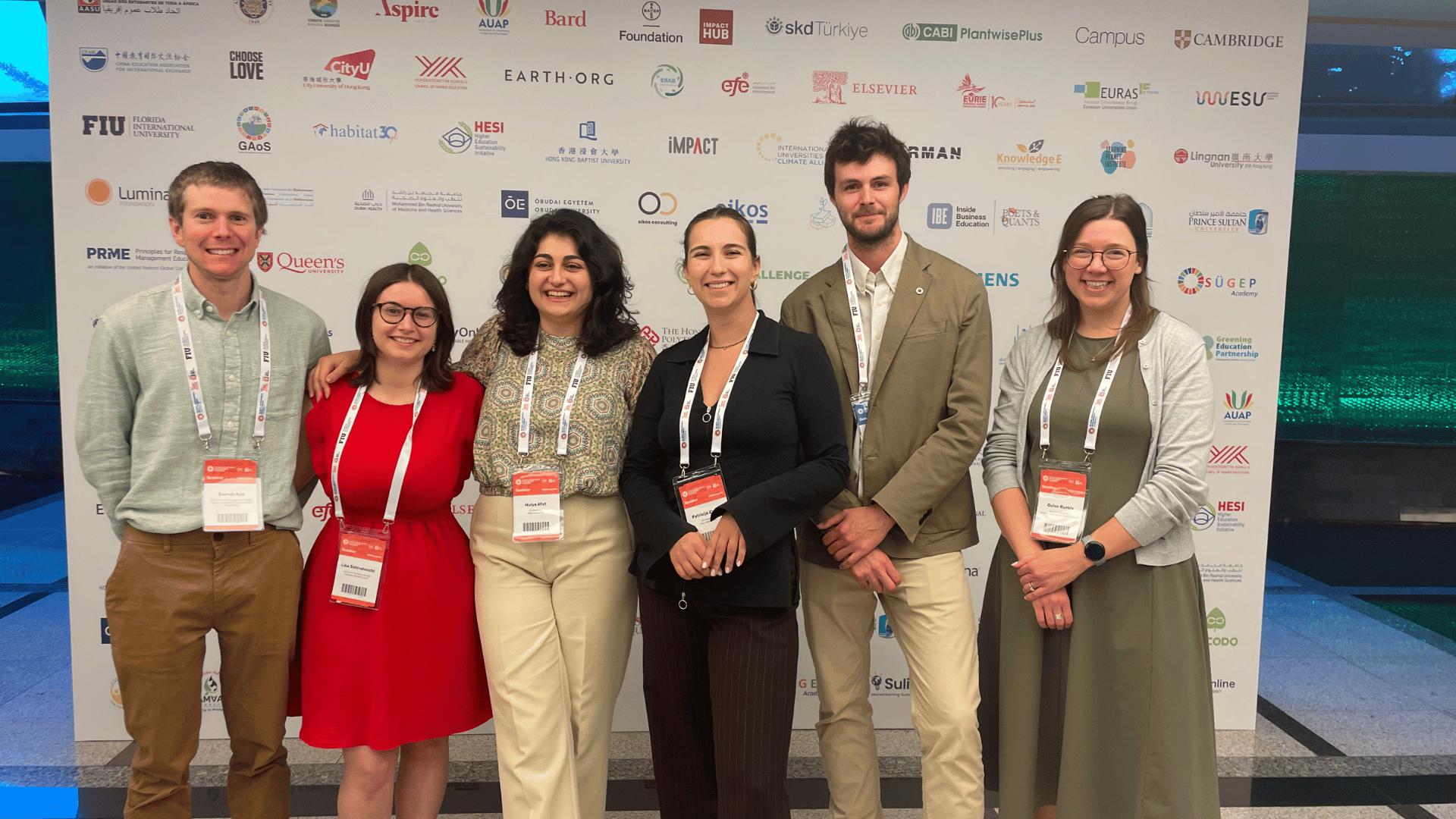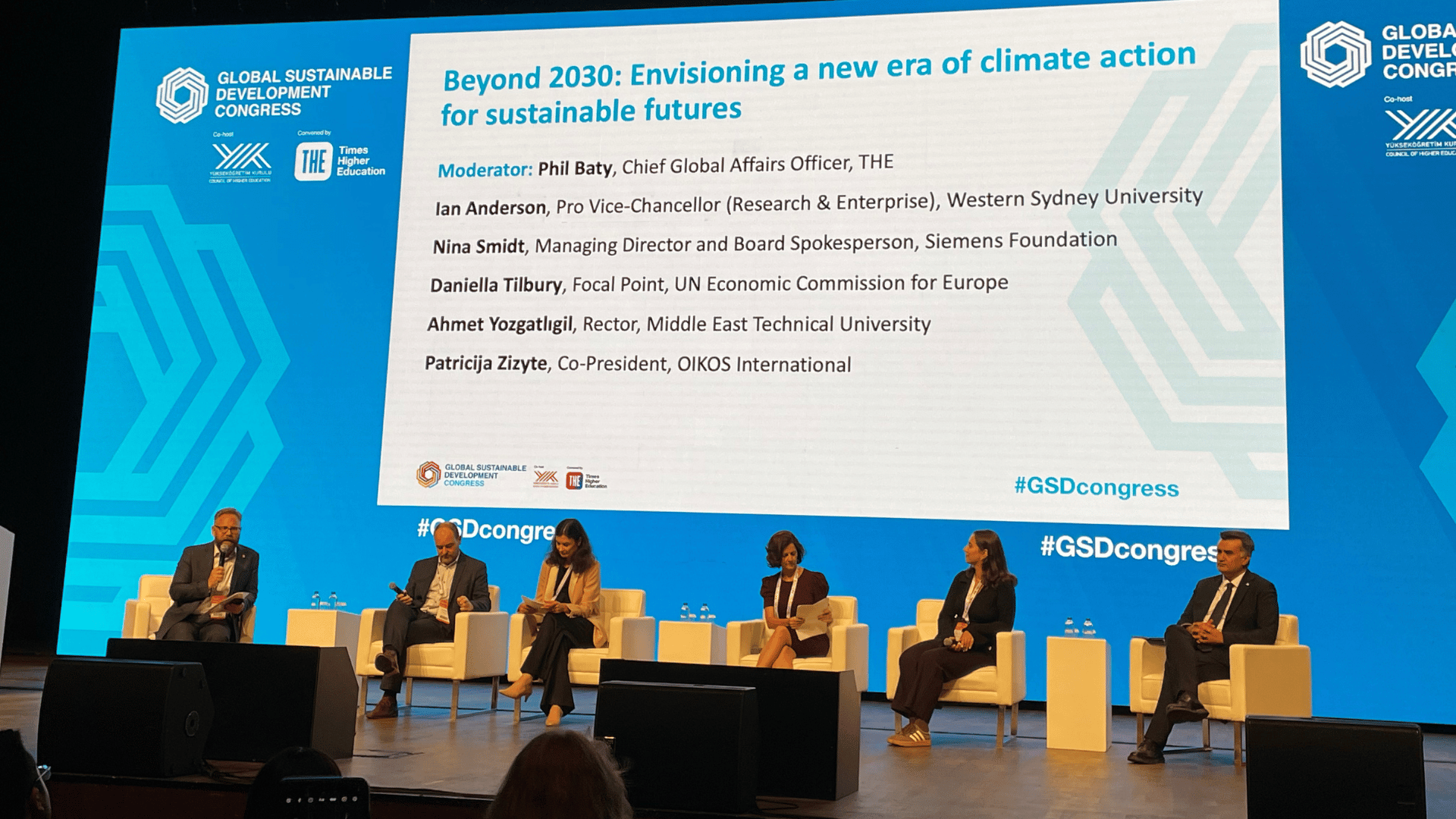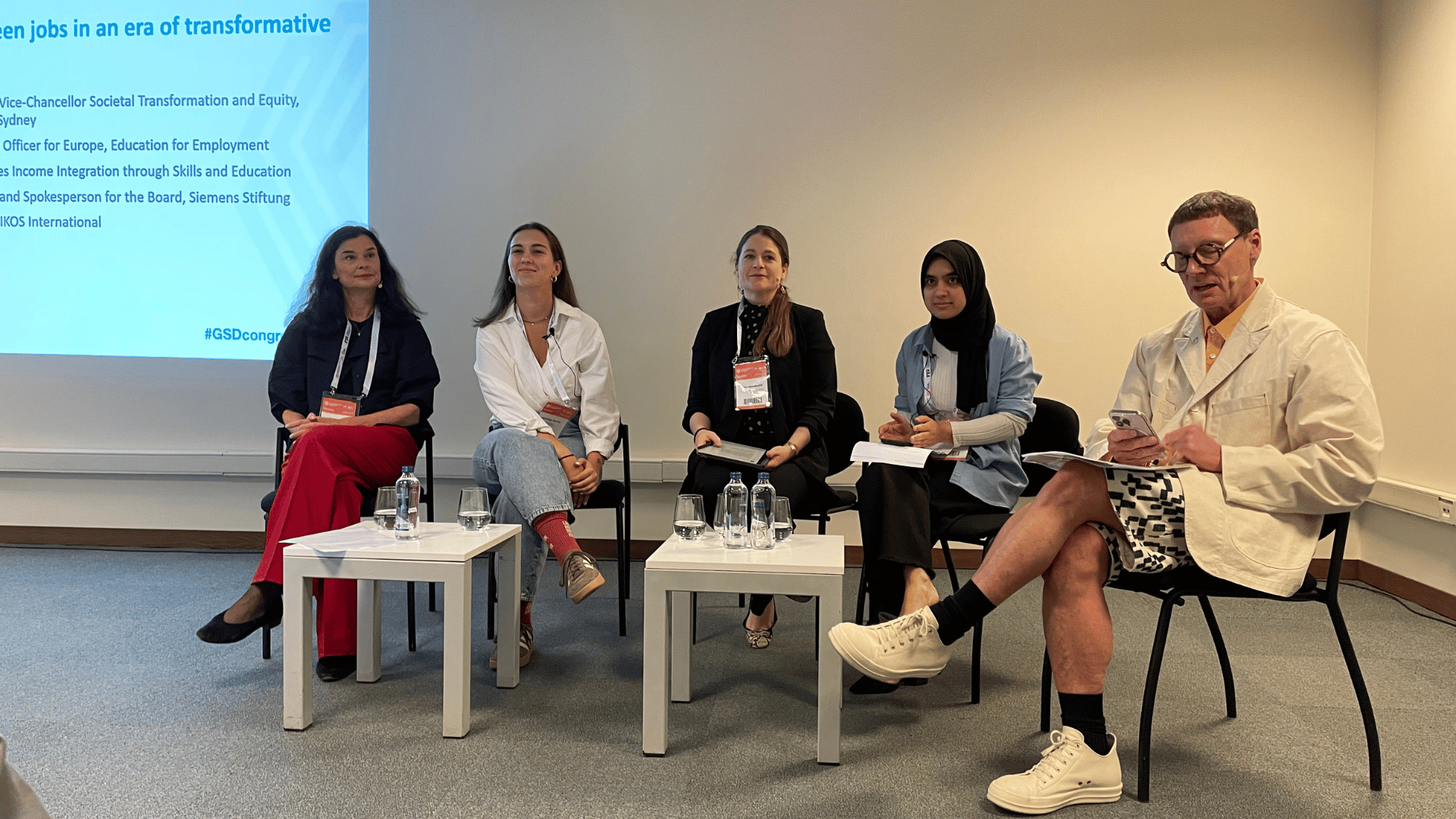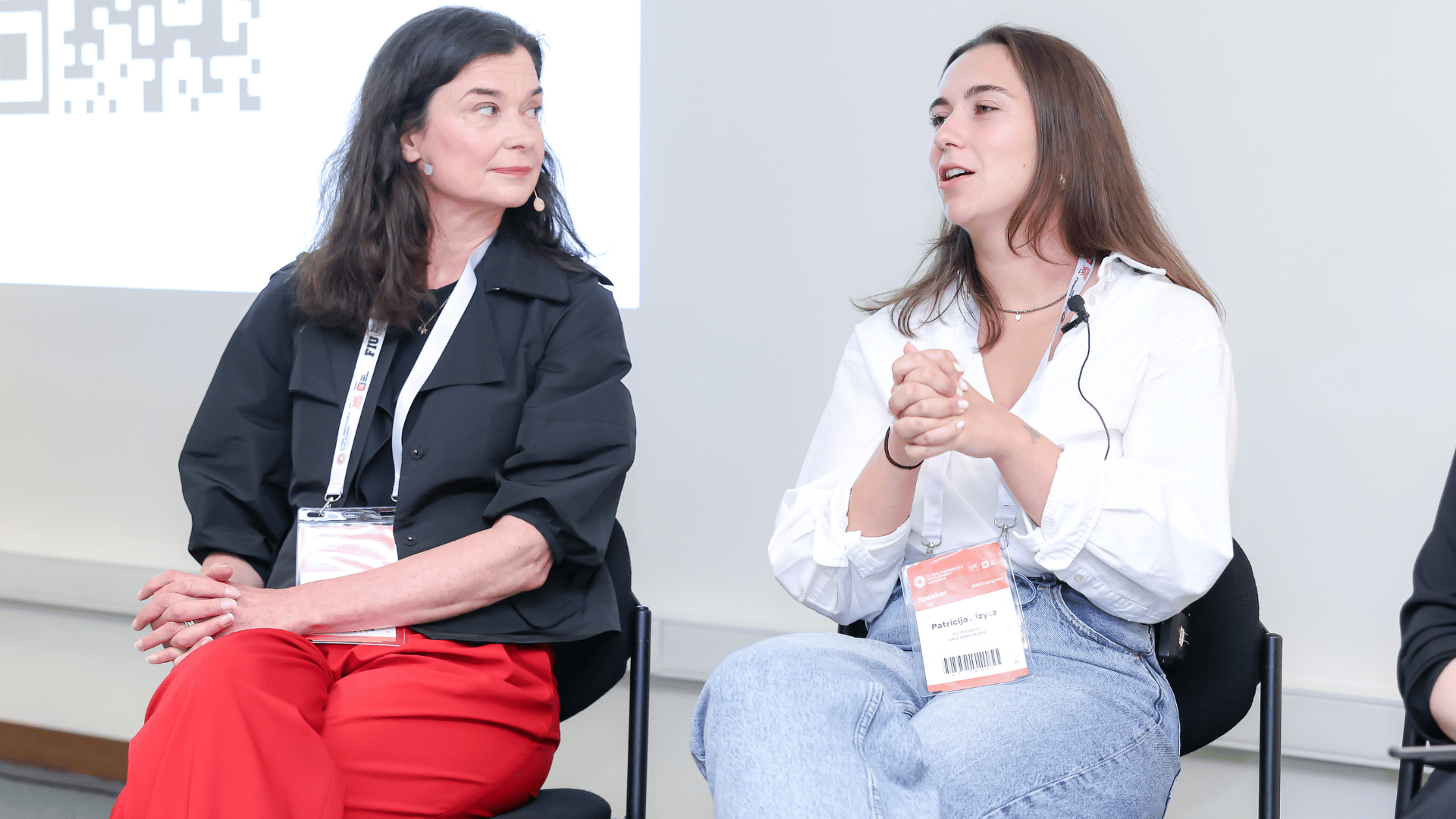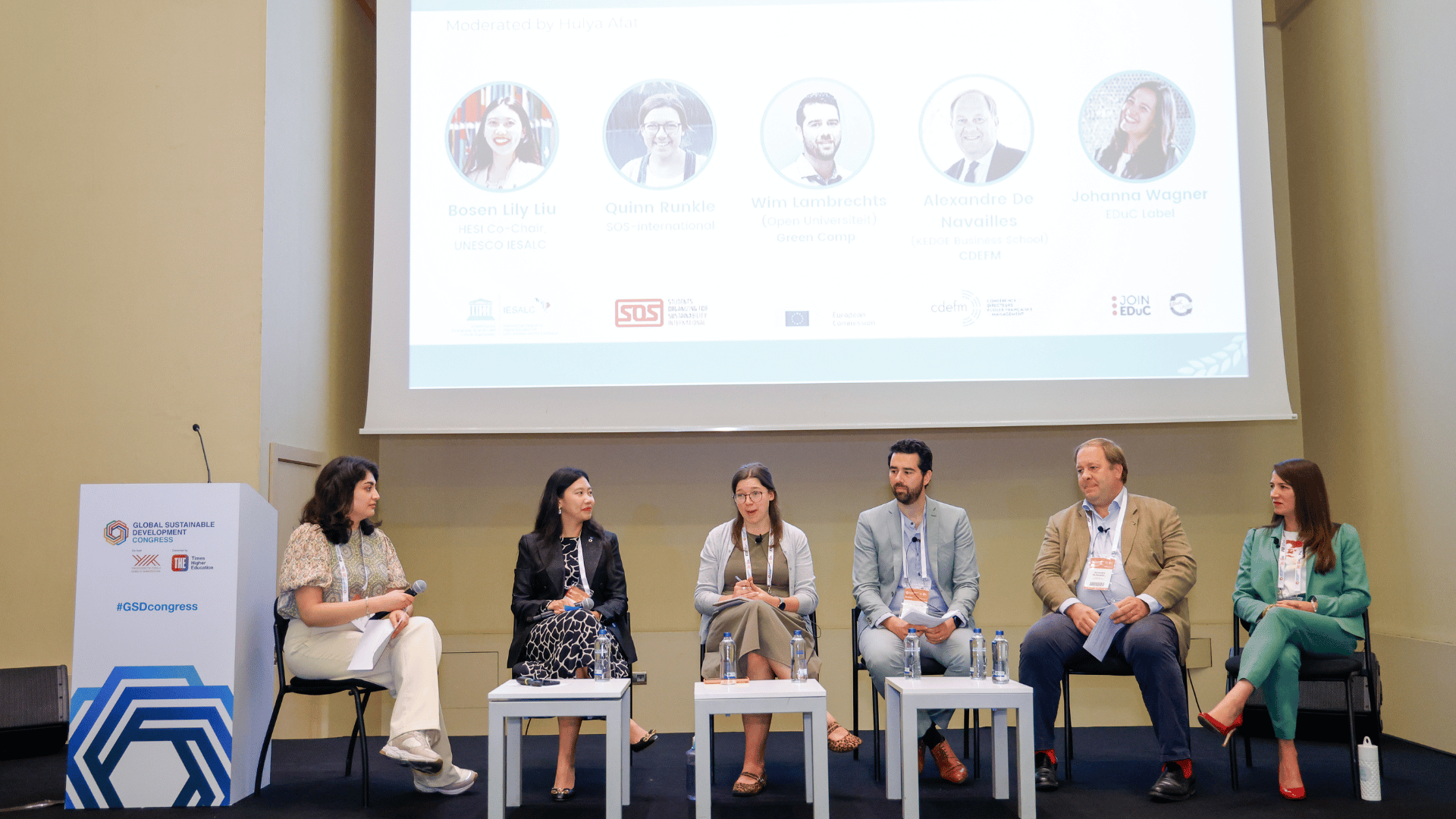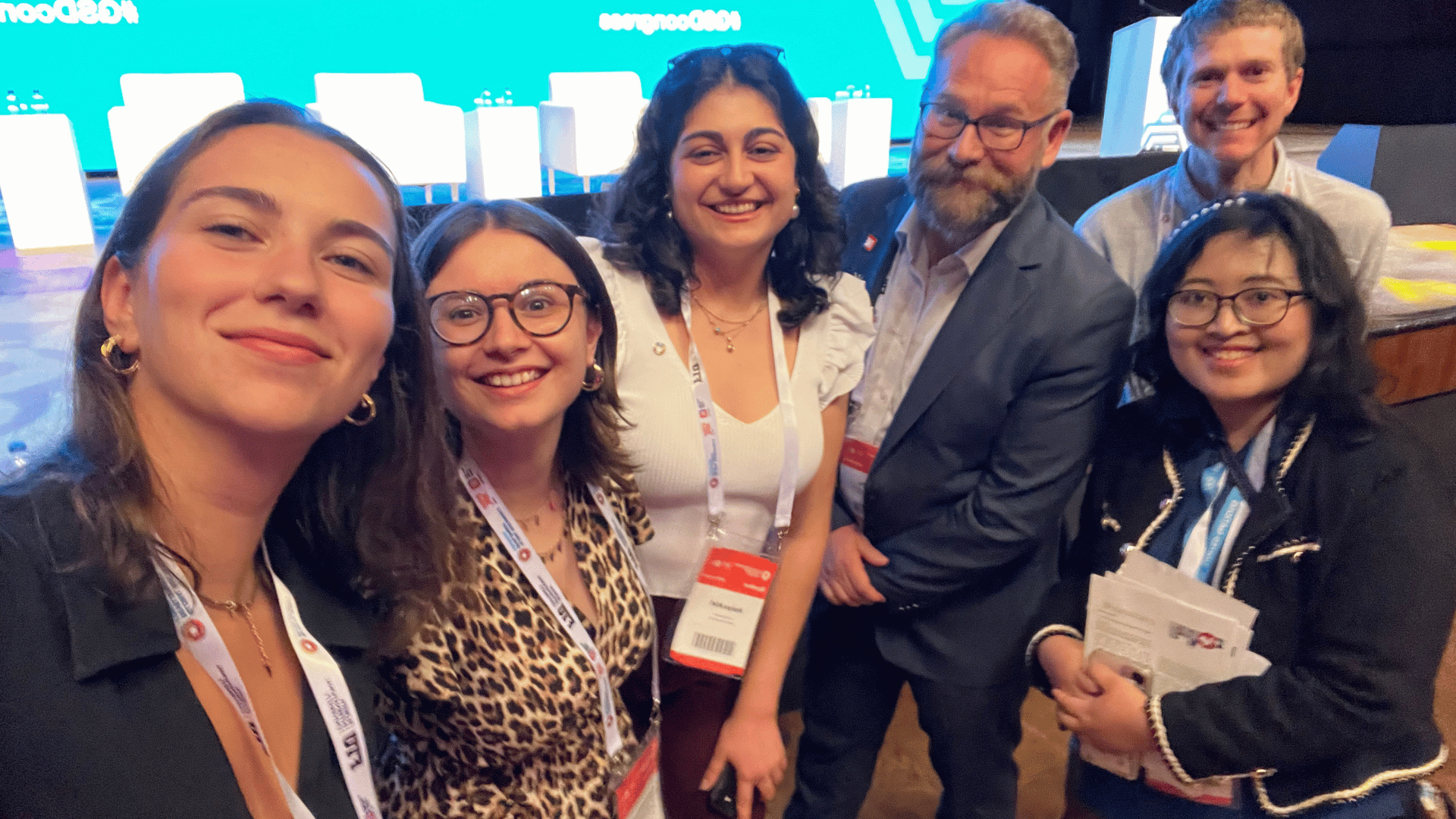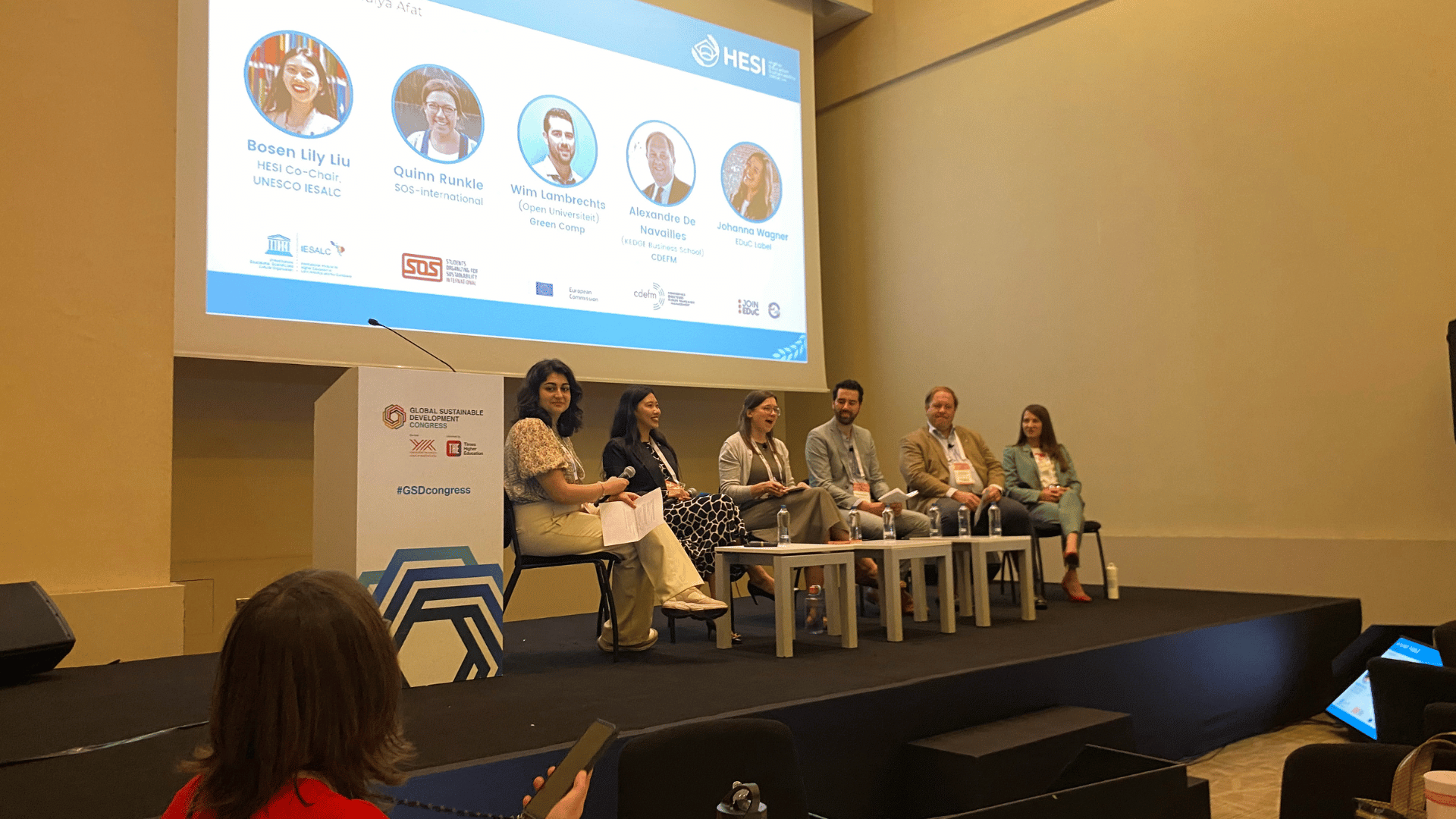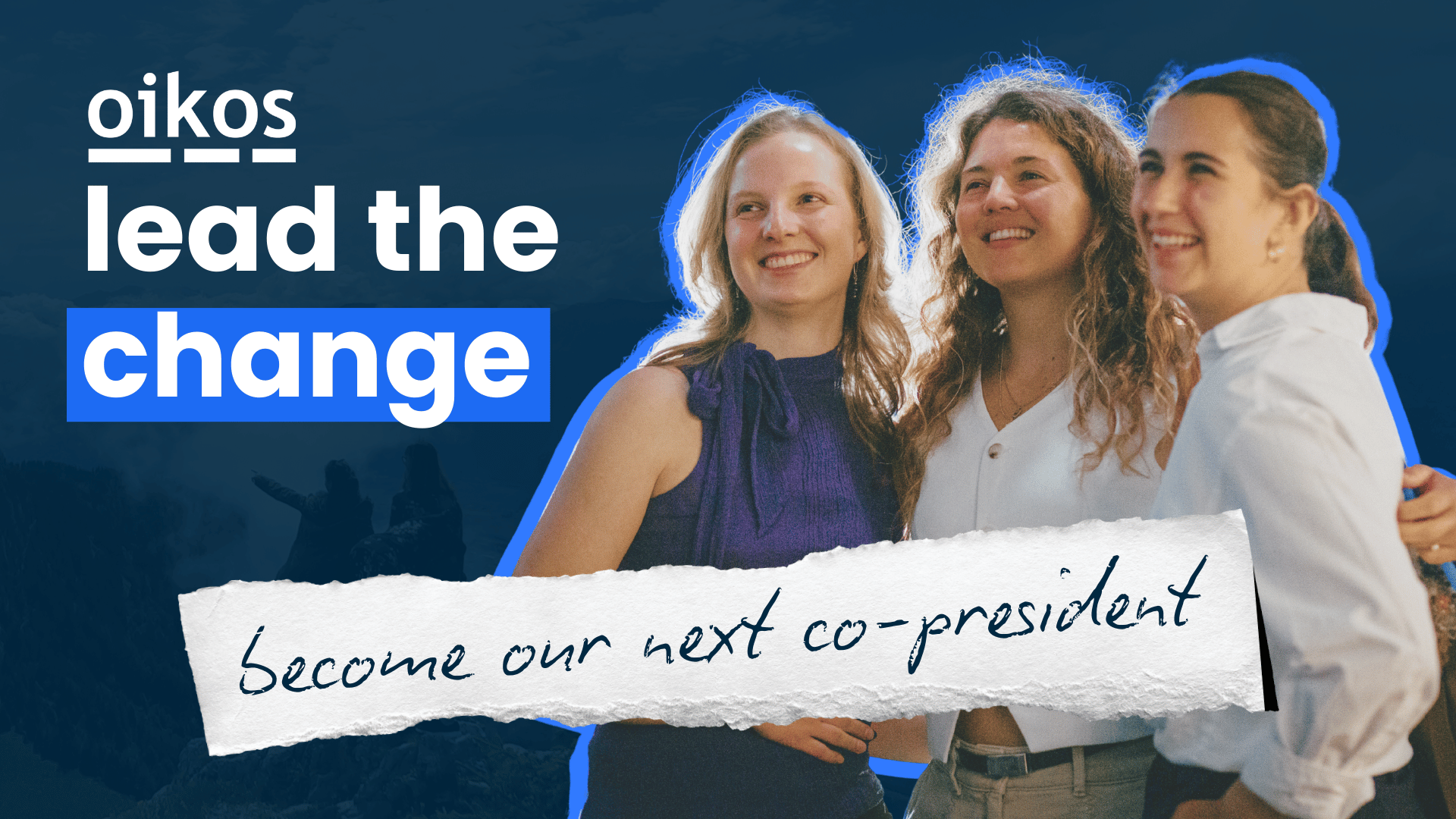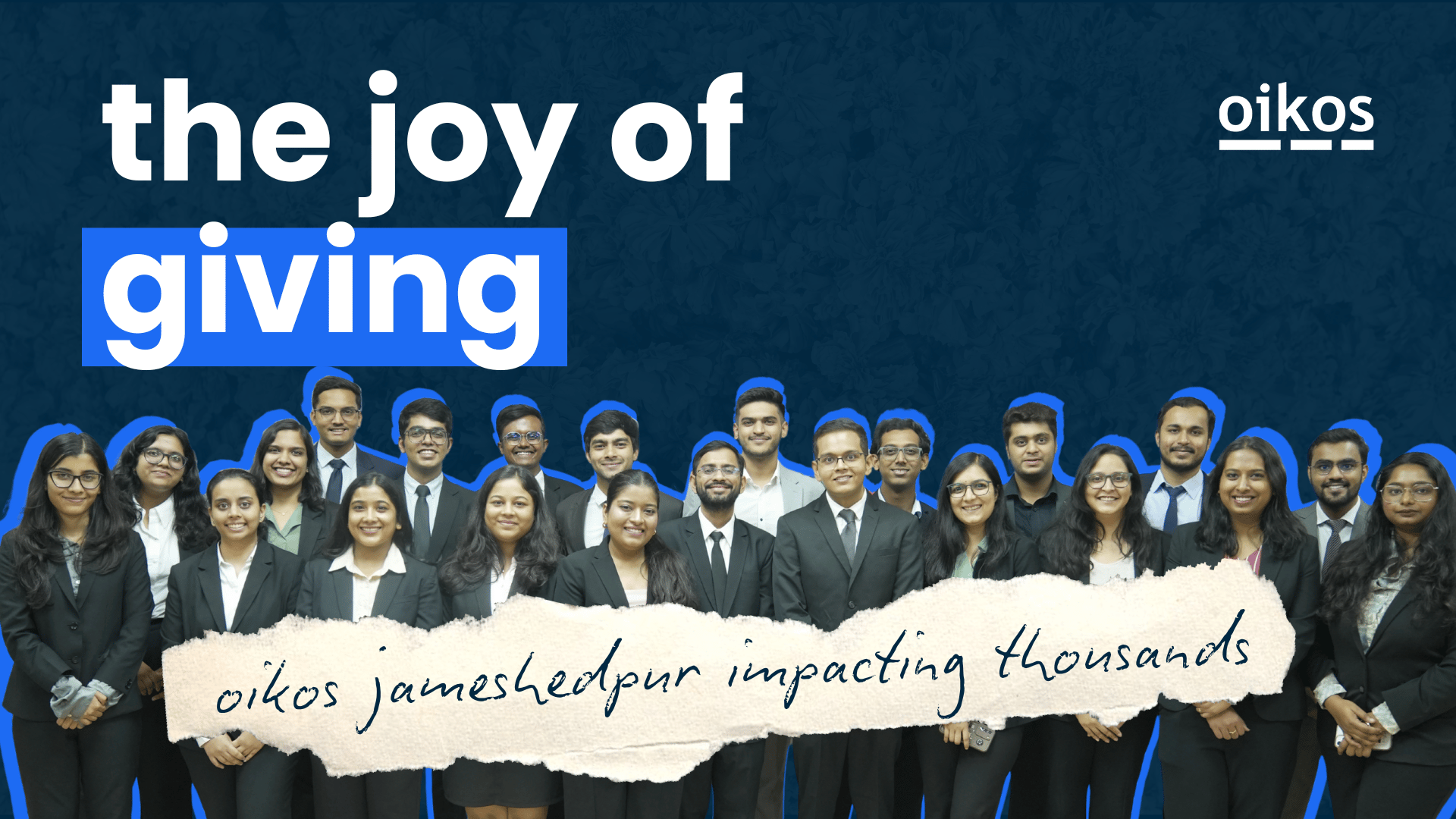
Collaborating with like-minded people and organizations is as fulfilling as it is important in driving the change. However, at times, despite the eagerness to engage and work together, questions arise as to how to best channel the energy in a fruitful way. It usually takes time to better understand and shift our efforts to do so, but sometimes an opportunity presents itself to be taken and stir positive development. Such an opportunity arose with our long-time friends, the Higher Education for Sustainability Student Action Group (HESI-SAG).
They entrusted us with running a workshop at the Global Sustainable Development Congress, organized by Times Higher Education. Under the topic “From Frameworks to Practice: Unlocking the Potential of Sustainability Competencies in Higher Education”, the workshop put students at the center stage, amplifying their voices and expectations when it comes to shaping transformation in higher education.
A diverse group of stakeholders – students, educators, and academic leaders were invited to have their part in reimagining how sustainability competencies are shaped, shared and embedded in higher education. We are witnessing the ever-growing urgency of reaching the Sustainable Development Goals (SDGs), and it calls for more than fragmented frameworks. The workshop fostered a collaborative, experiential space where dialogue became action and learners became co-creators.
Facilitated by HESI-SAG, it brought up student voices with the goal of enriching them through learning from experiences and embracing the knowledge of institutions and global frameworks. Through interactive activities, participants explored key sustainability competence models, reflected on their real-world relevance, and collectively designed pathways toward harmonization and meaningful implementation. Rather than teaching, this workshop modeled what it advocated: inclusive participation, shared leadership, and learning by doing.
Representing oikos International at the sessions, our co-president Patricija Zizyte highlighted the important elements:
- Embracing the diversity of stakeholders
- Embodying the competencies and sustainable mindsets
- Weaving narratives, stories, and messages that a sustainable world needs
- Letting ideas and solutions emerge from the collective
Patricija stood firm behind these principles not only at the workshop but also as a panelist in several panel discussions, representing youth and student voices on topics like green jobs, green skills, cross-sector collaborations, envisioning the future beyond 2030, among others.
The outcome of the HESI-SAG workshop will be a student-informed set of recommendations to feed directly into HESI’s evolving guidelines – grounded in lived experience, enriched by cross-sector dialogue, and driven by the belief that education for sustainable development must be co-created, not prescribed.
SOS-International, European Student Union (ESU), All-Africa Student Union (AASU), oikos Consulting, Sulitest, and many others embraced the collaboration.
